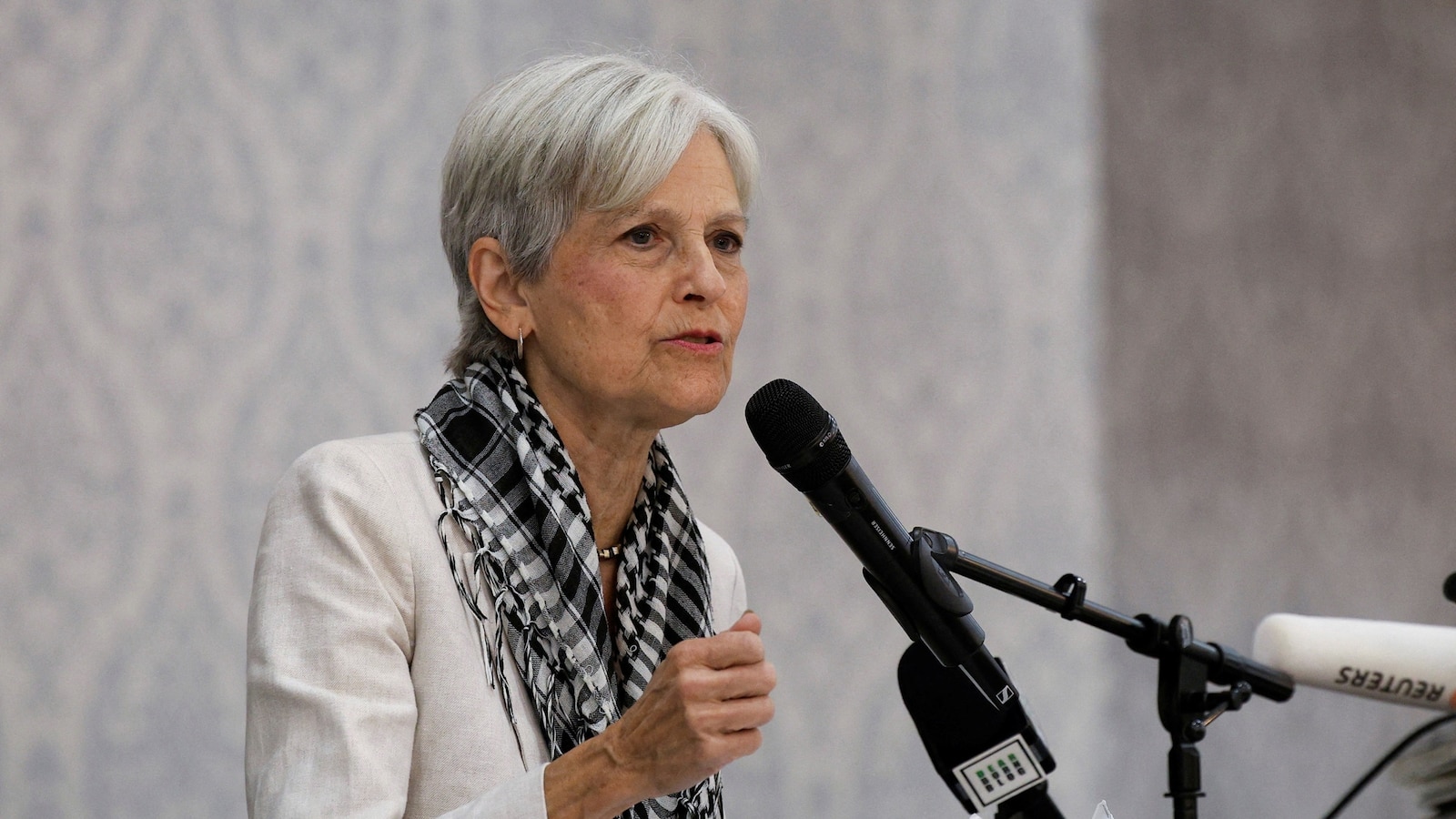In a strategic effort to counteract the influence of third-party candidates, Democrats have mobilized substantial resources to address this challenge head-on. Groups like No Labels, along with candidates such as Green Party’s Jill Stein and Robert F. Kennedy Jr., have gained attention as they vie for votes in crucial states. Kennedy, who initially ran as a Democrat, has since aligned himself with former President Donald Trump, while Stein and activist Cornel West remain fixtures in the race, though they have struggled to gain significant traction in polls.
The Democratic National Committee (DNC) has invested millions in efforts to portray these candidates as spoilers who could potentially help Republicans by drawing votes away from Biden and Vice President Kamala Harris. This proactive approach has included forming internal groups specifically designed to counter third-party candidates and their messaging. Notably, progressive organizations like MoveOn and Third Way have collaborated to ensure a clear path for Biden and Harris to challenge Trump directly.
Despite the DNC’s efforts, candidates like Stein and West remain on the ballots in several swing states, including Arizona, Georgia, Michigan, North Carolina, Pennsylvania, and Wisconsin. The Supreme Court recently denied Kennedy’s attempts to withdraw from ballots in Michigan and Wisconsin, further complicating the dynamics of the race.
Democrats learned critical lessons from the past, particularly the elections of 2000 and 2016, where they felt that third-party candidates played a decisive role in handing victories to Republicans. Party leaders are determined to avoid a repeat scenario in 2024. “We’ve learned from our past mistakes,” stated DNC communications advisor Smith. “We are taking third-party threats seriously this time around.”
Recent polls indicate that third-party candidates could have a tangible impact on the upcoming election. In a recent CNN/SSRS survey, Kennedy captured 3% of the vote in Michigan, while Stein garnered 2%, suggesting that their presence could sway results in an already tight race. Similarly, both candidates received 1% in Wisconsin and Pennsylvania, highlighting their potential as spoilers in battleground states.
The stakes are particularly high in Michigan, where a significant Arab population has expressed frustration with Biden’s handling of international issues, potentially driving some voters towards Stein. This dissatisfaction, combined with Kennedy’s ongoing presence on the ballot, could further complicate Biden’s chances in a state that he must win to secure reelection.
Republican pollster Robert Blizzard echoed concerns regarding the volatility of these third-party candidates: “If the races are this close in states like Pennsylvania, Michigan, or Wisconsin, you could see a spoiler situation emerge.” The electoral landscape is fraught with uncertainty, and third-party candidates are proving to be a wildcard that both major parties cannot ignore.
As the election nears, both Democrats and Republicans are acutely aware of the risks posed by these candidates. Democrats, in particular, remain vigilant, ensuring that they have done everything possible to mitigate the threat of losing votes to third-party candidates. “At this point, we can only ensure that we’ve addressed the issue,” said Jim Kessler, co-founder of Third Way. “Ultimately, it will come down to the voters’ decisions.”
In this unpredictable electoral cycle, the role of third-party candidates is more crucial than ever, potentially shaping the outcome of the election in ways that could favor either major party. As the days count down to November, the political landscape remains tense, with both parties bracing for what could be a closely contested and historic election.


